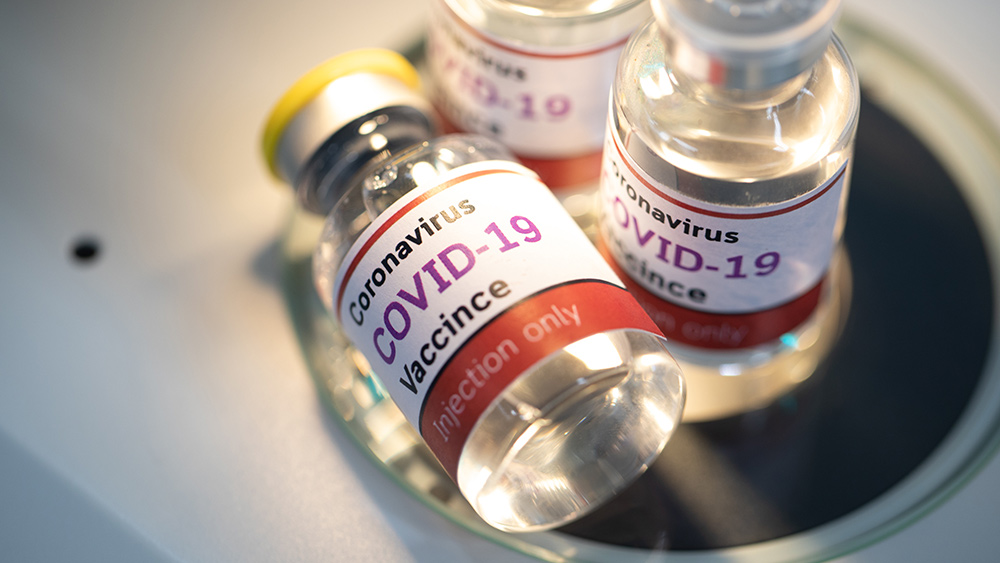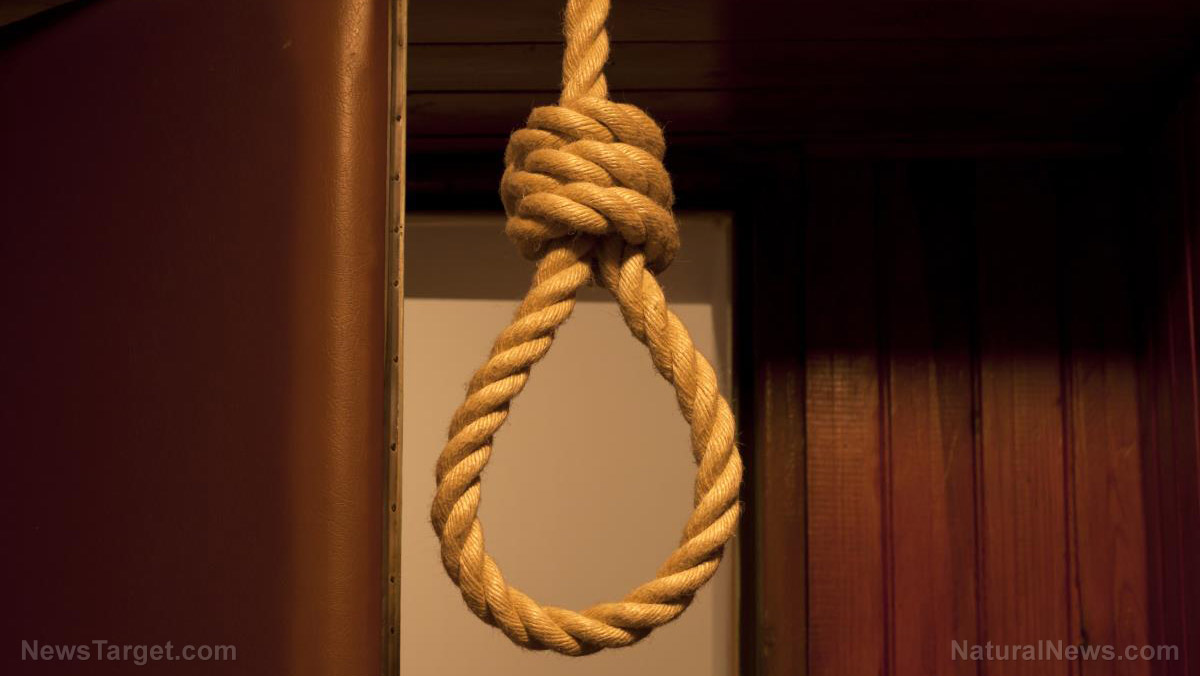
Australian Minister of Health and Aged Care Greg Hunt was hospitalized after getting the Wuhan coronavirus vaccine made by AstraZeneca. The health minister's office said Hunt was admitted with a suspected infection, but was expected to make a full recovery. Hunt got the first dose of the AstraZeneca vaccine on March 7, one of two approved vaccines in the country.
A spokesperson for Hunt's office said March 9 that the minister was "being kept for observation," receiving antibiotics and fluids while confined. They added that Hunt's condition "is not considered to be related to the vaccine." The spokesperson did not elaborate what symptoms Hunt experienced or when was he admitted to the hospital.
The day before, the health minister posted on Twitter that he got the first dose of the AstraZeneca Wuhan coronavirus vaccine. He added that former Australian Prime Minister Julia Gillard, who accompanied him, also received the jab made by the British pharmaceutical firm.
The 55-year-old federal health minister spent a night in the hospital. He was subsequently discharged on March 13 and posted a statement on his Twitter. According to the statement, Hunt received treatment for "cellulitis of [the] upper right leg and accompanying fever." He added that he will return to normal parliamentary duties on March 15 and will follow a course of antibiotics.
Hunt thanked the medical staff that attended to him during his short confinement, alongside those who sent messages of support.
Currently, the vaccine candidates from AstraZeneca and Pfizer/BioNTech are the approved jabs for COVID-19 in the Land Down Under. The Therapeutic Goods Administration (TGA), which is in charge of regulating vaccines in the country, approved the Pfizer vaccine for emergency use in January 2021. Less than a month later, the TGA approved the AstraZeneca jab for emergency use.
European countries have suspended use of AstraZeneca vaccines
While the British drug manufacturer's vaccine made in partnership with the University of Oxford received emergency approval in Australia, it encountered many roadblocks in its development stage. (Related: Expert points out "shaky science" behind AstraZeneca’s coronavirus vaccine trial results.)
Back in January 2021, the president of the Australian Medical Association in Western Australia (AMA-WA) cast doubt on the AstraZeneca jab's ability to generate herd immunity. AMA-WA President Dr. Andrew Miller said: "Until we get more data [showing] that AstraZeneca is as good as the [other vaccines], the scientific and medical risk that you take is that you won't get herd immunity." He added: "The political risk is that you will get a good vaccine for the rich and a not-so-good vaccine for the poor."
Miller suggested that Australia halt the planned rollout and source the best vaccines available to avoid these risks and build public confidence. However, Canberra has insisted on the efficacy of the AstraZeneca jab.
Australia Chief Medical Officer Paul Kelly remarked: "The AstraZeneca vaccine is effective, it is safe and it's a high-quality vaccine. It will be available as soon as the TGA gives its tick." True enough, the Australian regulator green-lit the jab in February 2021.
Following the incident with Hunt, eight countries in Europe also suspended their use of the AstraZeneca vaccine against COVID-19. ZeroHedge reported that Norway, Denmark, Estonia, Iceland, Luxembourg, Italy, Latvia and Lithuania halted the use of the jab after some of their vaccinated citizens developed blood clots. Similar cases have been recorded in Austria, but the Austrian government permitted the vaccine for continued use. (Related: Oxford-AstraZeneca's COVID-19 vaccine experiment is tied to eugenics-linked institution.)
Danish Minister of Health and Elderly Affairs Magnus Heunicke confirmed that the country suspended the use of AstraZeneca's vaccine in a tweet. He said that the suspension was part of "precautionary measures … following a signal of a possible serious side effect in the form of fatal blood clots." Heunicke added: "It is currently not possible to conclude whether there is a connection."
Meanwhile, the British drug manufacturer claimed its vaccine is subject to strict and rigorous quality controls. It added that there have been "no confirmed serious adverse events associated with the vaccine. Nevertheless, the firm remarked that it was in contact with authorities and would fully support the investigation on the matter.
Visit VaccineInjuryNews.com to read more reports about the AstraZeneca/Oxford jab against the Wuhan coronavirus.
Sources include:
Please contact us for more information.





















